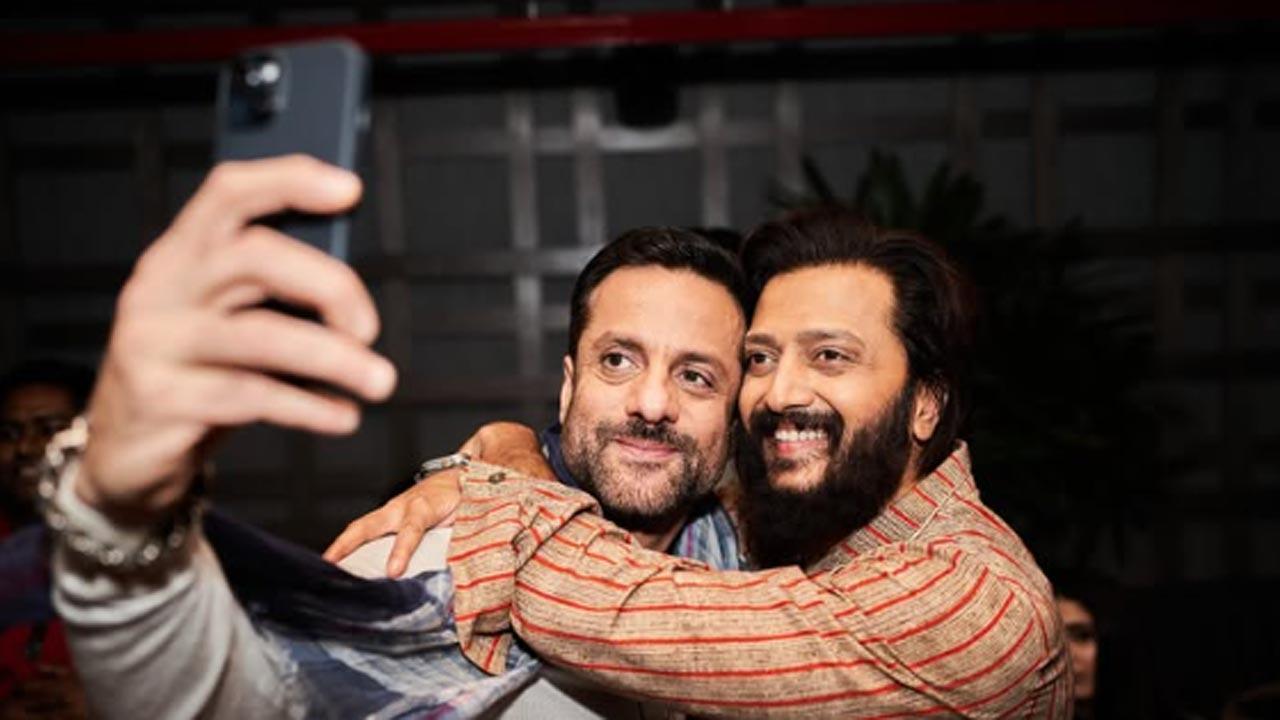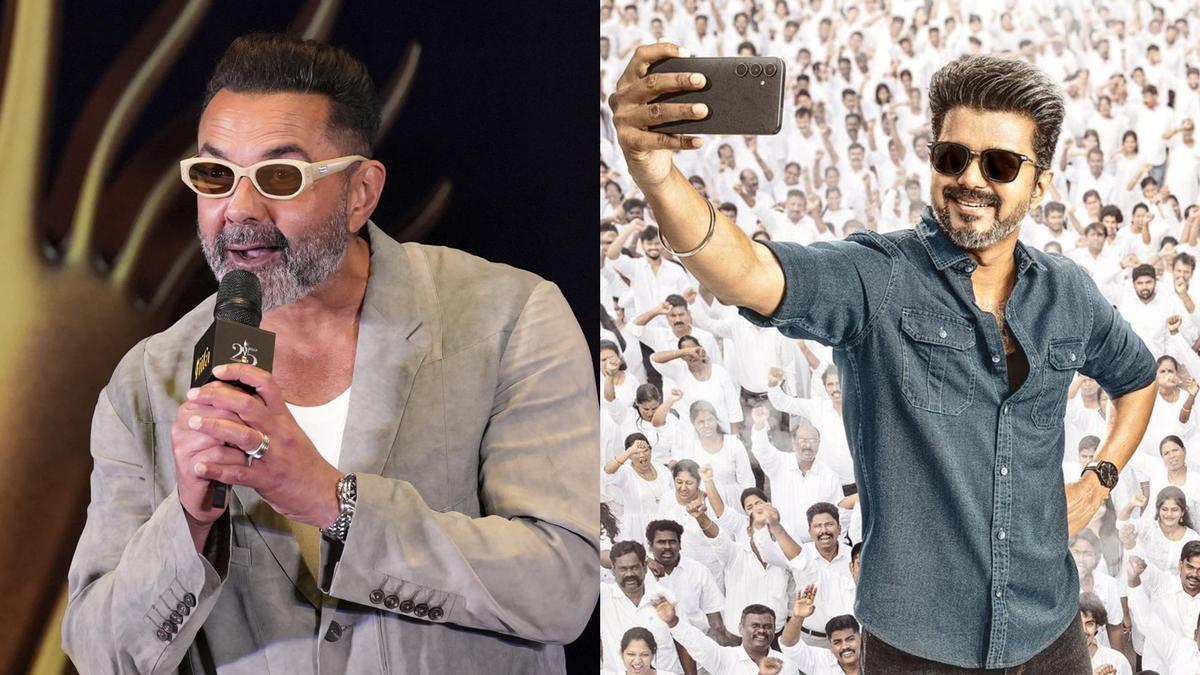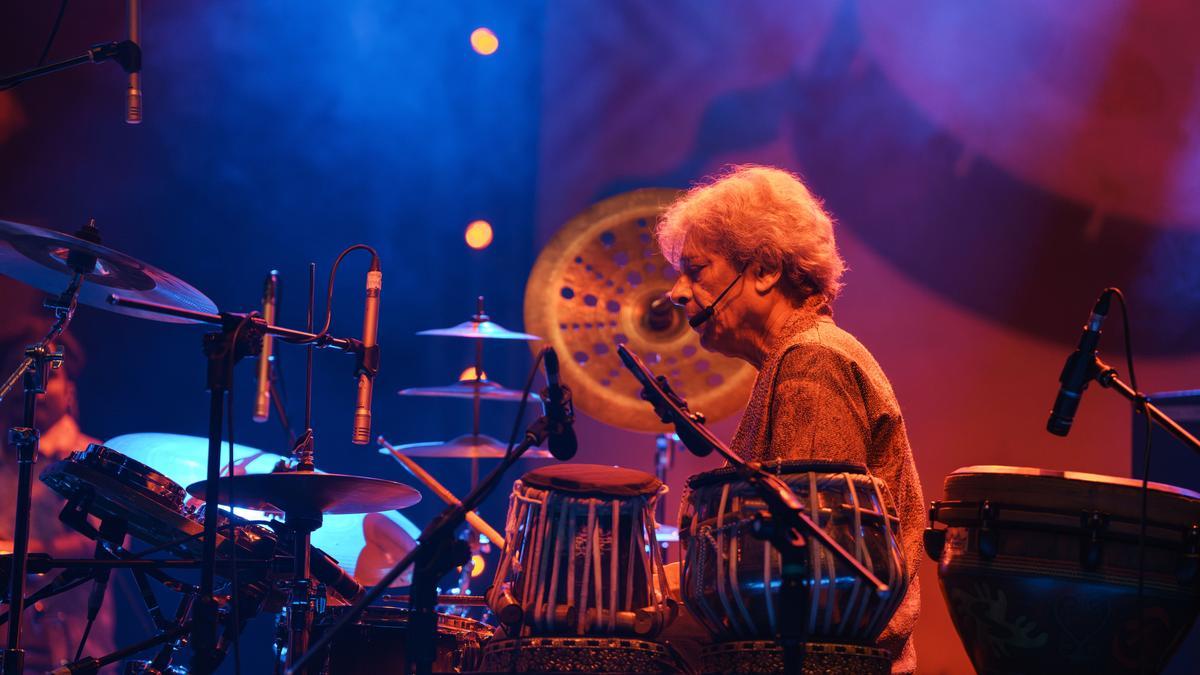
The recently released series ‘Poacher,’ a creation of director Richie Mehta, marks another milestone in a narrative form that has grown increasingly conscious of ecological and moral complexities. After his profound success with ‘Delhi Crime,’ Mehta now delves into the dense jungles of Kerala, South India, to fictionalize a story that is as critical as it is compelling.
In the 1990s, these idyllic forests became the battleground for a ruthless ivory poaching syndicate. It took years and relentless efforts from the authorities to disperse the poachers and seemingly end their nefarious activities. However, by the mid-2010s, a resurgence of these illicit activities emerged with a stark revelation—a Guardian article in 2015 reported the slaughter of 28 tuskers in and around Thrissur, sounding an alarming siren to the conservationist community.
Poacher, which is executive produced by Alia Bhatt and made available on Prime Video, navigates through the thickets of Operation Shikar, an event culminating in one of India’s significant ivory seizures, nearly 500 kilograms in weight. The operation unfolds through the haunted recollections of an aging forest watcher from Malayatoor who, ridden with guilt, blows the whistle on an expansive poaching network spanning from the Western Ghats’ footfalls to the sanitized art havens in Delhi.
At the core of this story is Neel, portrayed by the robust and typically unyielding Dibyendu Bhattacharya. As a cognizant field director tasked with leading the anti-poaching initiative, Neel embodies the determination and somber drive typical of those who put the cause before their own needs. Alongside him is Mala Jogi, played by Nimisha Sajayan, a talented range officer reinstated to dismantle the racket. Her introduction breathes familiarity with the forest—her true home. Later, she is joined by Alan, a keen data analyst specialized in conservation, portrayed by Roshan Mathew.
The narrative tees off under the stoic shadow of Mala, who reflects the spirit and acumen requisite to stand against the deep-seated ivory trade. With a backstory heavily shadowed by her father’s past as a big-game hunter, Mala’s personal journey aligns with her professional mission: conservation is a calling rather than a career. This fidelity to conservation binds the main characters, whose perpetual vigilance often comes at the expense of their personal well-being.
Poacher unflinchingly exposes a dark transnational network that feeds into global terrorism. While Mehta endeavors to explore broader geopolitical ties—such as Neel’s past in RAW, the show finds its groove when it gazes into localized issues. It touches heavily on community perspectives, where poachers—despite legal bans on wildlife hunting—are viewed with a complex blend of admiration and dread.
Mala’s search for clarity regarding her father’s potential to change echoes the prevailing notion: can time rehabiliate those entrenched in such violence? The series doesn’t shy away from the grim truths of wildlife conservation, particularly addressing the plight of captive elephants coerced into life in religious processions or entertainment, their tusks cruelly clipped for ivory.
Starring Malayalam actor Nimisha Sajayan, who balances her character’s rigidity with believable vulnerability, her portrayal of Mala resonates deeply with the themes of the show. Bhattacharya’s portrayal of the turtle-obsessed Neel is another highlight, presenting a character who is ever-vigilant and too burdened to indulge in sentimentality.
Mehta’s reverence for the real-life heroes upon which these characters are based is evident throughout Poacher, yet it sacrifices drama for devotion, blunting the narrative’s edge as all rangers share a monolithic virtuous vision. In contrast, it is sometimes the myopic and shallow approach of law enforcement that provides the only discord within the ranks.
Opting not for crude satire but for solemnity, Poacher grapples with ecological devastation with the subtlety of digital effects, as CG animals roam in moments of scene transition, symbolizing their dwindling spaces. The series is linguistically rich, blending Malayalam, Hindi, English, and Bengali. While certain dialogues, particularly in the Delhi scenes, resonate less effectively, the underlying message is delivered with an eloquent bluntness.
Viewers tunes into a narrative that progresses methodically, as Mehta adopts an approach steeped in diligent research and clinical execution. Poacher tales shape through meticulous evidence compilation and interpretation—a measured and contemplative series offering a sobering, yet hopeful, gaze at the human-wildlife intersection.
In one of the series’ most piercing moments, a character remarks on the fate of captive elephants, their suffering an indictment of shared existence on a planet with humans. It’s a melancholic insight, but one that rings with uncomfortable truth. And as the tale unfolds, ‘Poacher’ stands as both a starkly real testament to one of the many fronts in the fight for ecological preservation and a tribute to the unseen warriors in this relentless battle.










